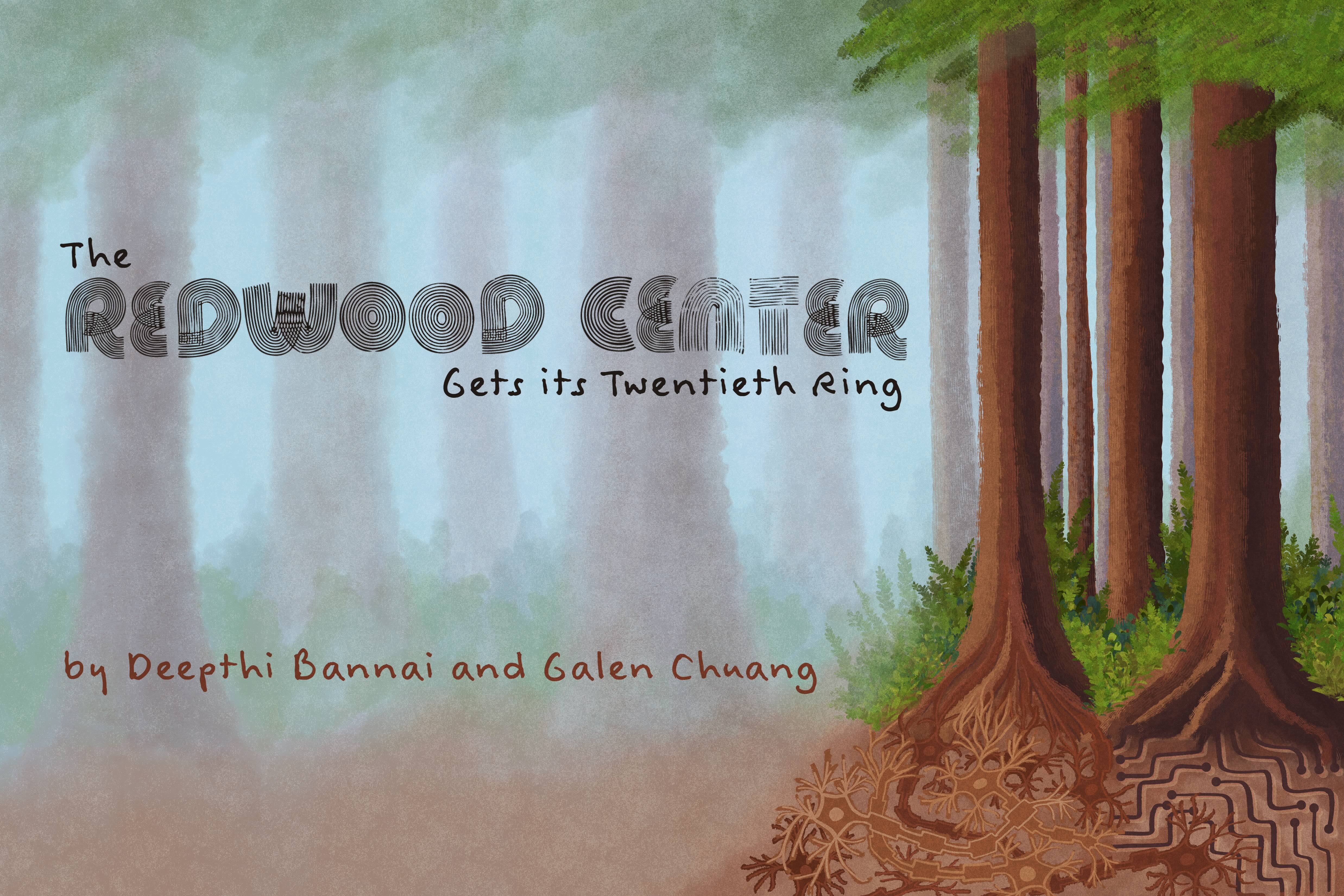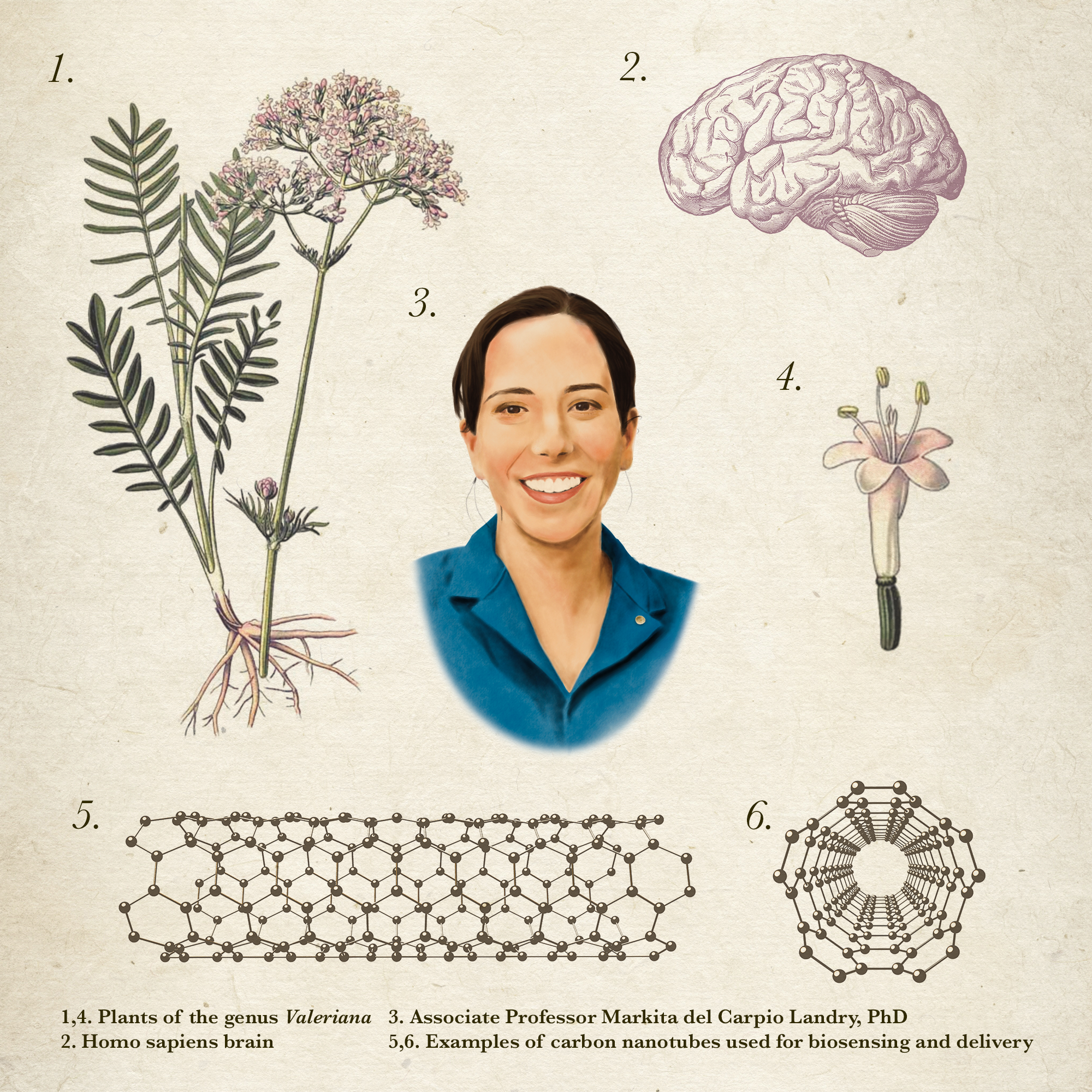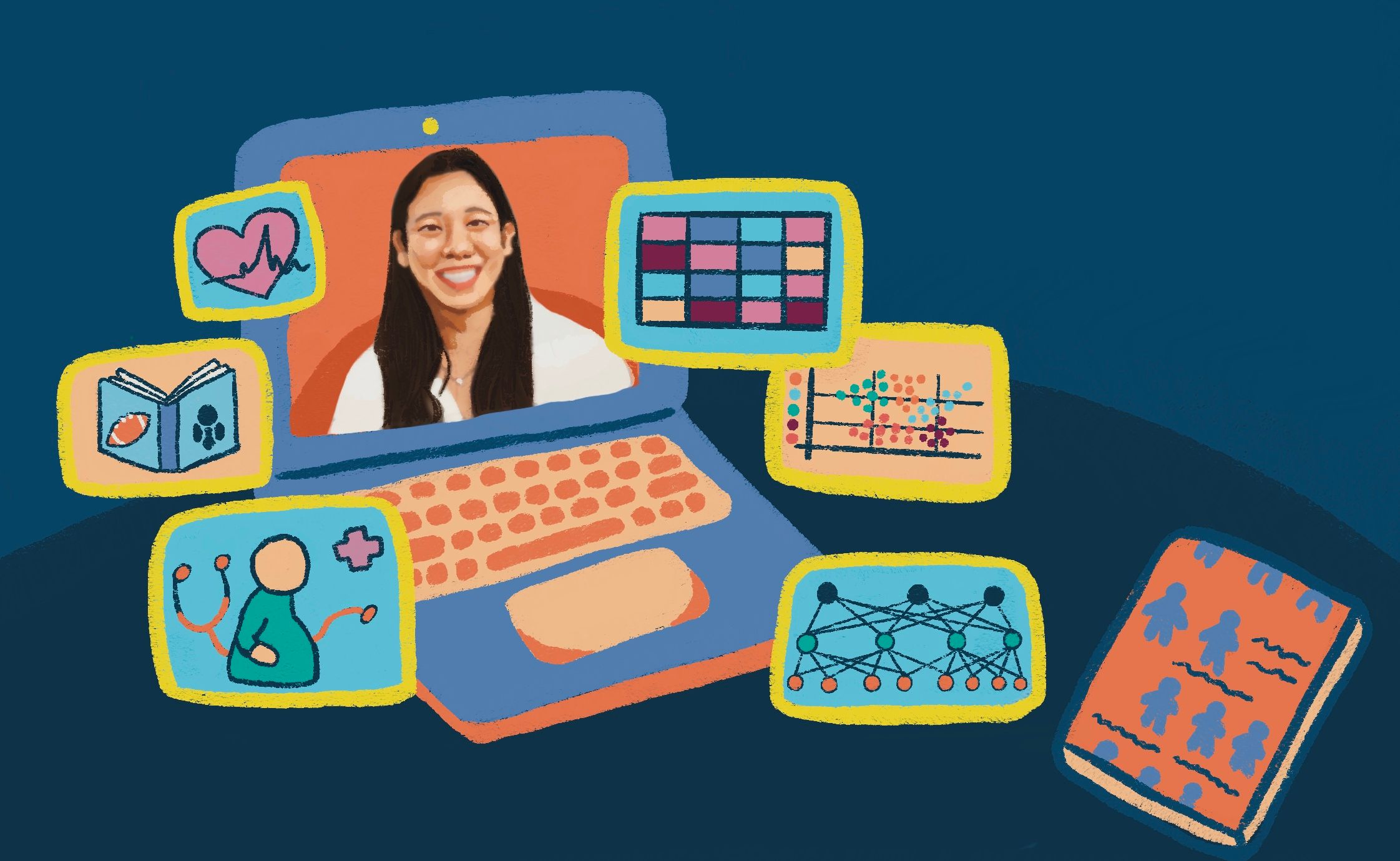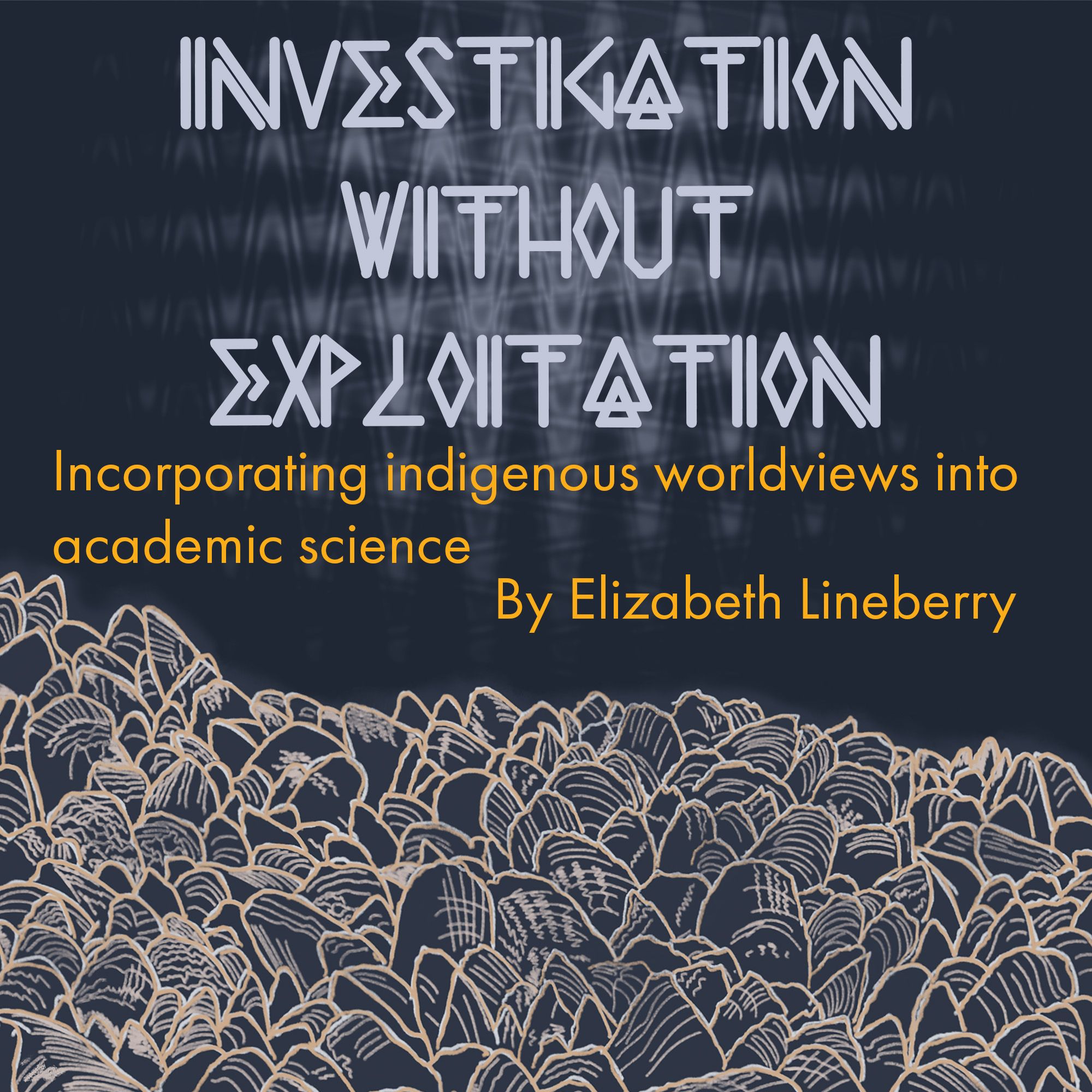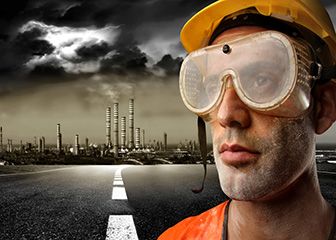
I was recently traveling when, on one of my flights, I sat next to Jim, a great talker. As he and I got to know each other, I told Jim that I’m an environmental engineering PhD student. Almost immediately, I could see him tense up. He started asking me innocent-enough questions that revealed to me that he was skeptical of alternate forms of energy and other environmentally-sustainable solutions to many of our world’s problems. As climate change continues to affect our world, I believe it is important for everyone to understand some major environmental problems we are facing, and what role environmental engineers play in solving these problems.
So, are you an environmental scientist? Environmentalist?
Technically, neither—I am an engineer. Environmental scientists are educated on the many and diverse environmental issues the world is facing coupled with how social sciences—policy and law—are related to these issues. Environmentalists are people radically devoted to environmental sustainability. They get a bit intense sometimes.
Environmental engineers mostly study and design drinking water treatment, wastewater (sewage) treatment, and the distribution of these waters. Since water quality and distribution is a form of infrastructure and impacts public health, environmental engineers are generally under the umbrella of civil engineering. However, environmental engineering has been evolving to include many more areas of research and development, such as the physics and chemistry of alternative fuels and energies, the chemistry and fluid mechanics involved in air and water quality, and the modeling of climate change and its effects on water resources.
As an environmental engineer, you could work for city utilities on water treatment and quality or a consulting firm to design new water treatment plants. You could do research fulltime on any of the above topics or you could work in government or on policy for such entities as the US Environmental Protection Agency (EPA) and the Department of Energy (DOE). The field is incredibly diverse—and its diversity is only continuing to increase.
What is the solution to our energy problems?
I get this question a lot, but a single person could never hope to answer this question, let alone address it in the course of airplane small-talk. This question should be framed as more of a lively discussion rather than an x=2 sort of answer. I don’t think there is one solution to our energy problems. I think changing our energy sources and policy is going to take decades of policy change, financial incentive, and public perception change.
Currently, the United States’ energy comes mostly from oil and natural gas, then coal, then renewables (wind, solar, biomass, etc.) and nuclear. Natural gas is cheap and favored by much of the public due to its lower carbon emissions compared to coal. As climate change increases the frequency and duration of severe droughts, thus depleting our drinkable water supply, natural gas is going to be less desirable due to the fact that the oil and gas industry uses and pollutes a lot of water each year. In addition, this country has already begun to see hydraulic fracturing (fracking) induce earthquakes throughout the Midwest. I believe these factors will cause public opinion to increasingly turn against fossil fuels. As public opinion fuels policy change, there will be a shift away from these dirtier fuels.
In terms of solutions, I think a combination of local energy sources is the route to go: solar, wind, tidal wave, biofuels, geothermal, etc. Different regions have different resources that can be utilized most effectively.
Can coal be clean?
The term “clean coal” has created a great deal of confusion. Burning coal is a combustion process, which simply means that you burn the coal to move some turbines to generate electricity. However, when coal is burned, many air pollutants are also generated, such as carbon dioxide (CO2), nitrous oxides (NOx, specifically nitrogen dioxide, NO2), sulfur oxides (SOx, specifically sulfur dioxide, SO2), and particulate matter (PM). The latter three are defined by the EPA as criteria air pollutants—pollutants that are common, harmful to human and environmental health, and regulated.
“Clean coal” describes coal energy derived from processes that attempt to capture or reduce these air pollutants and dispose of them elsewhere—usually deep underground. So don’t be fooled, “clean coal” is not some new type of coal that creates zero pollution. The coal itself is the same old coal.
Is climate change really making that much of an impact?
Yes.
Our world is a complicated one. Ecosystems are interconnected; affecting one aspect of our world will in turn affect many others. The temperature of the Earth is steadily increasing, the stability of the atmosphere is decreasing, and the acidity of oceans is increasing. These effects will have major consequences. As marine life depends on a specific pH, more acidic oceans will endanger many species that cannot survive in a lower pH environment. Changes in marine life will disrupt aspects of the food chain. The increase in air pollutants such as PM will increase risk of severe asthma and other negative health effects such as respiratory and cardiovascular disease. The sea level rise will result in major infrastructure challenges as populations either shift inland or attempt to retrofit their city to withstand the water. Crops may have to be engineered to withstand drought conditions. Civil infrastructure will need to be more structurally sturdy as natural disasters become more severe and frequent—tornadoes, hurricanes, and earthquakes will occur more and be of a larger magnitude, and we are already seeing the beginning of this today.
Our world is changing in ways that will require humans to be innovative, proactive, and smart about how we handle these problems.
What can I do to alleviate these problems?
Unfortunately, Jim didn’t ask this question, but I wish he would have.
Carpool. Bike. Turn off the lights. Save water by taking shorter showers and abstaining from washing your car. Open your windows instead of flipping on the AC. Buy local food. Buy local everything. Vote for people who support sustainability. Educate yourself. These little changes in your daily life will make a difference.
What else can you do? Care. If you care about these issues, you will perk up when you hear the latest news about pollution or energy or water recycling. You will start to notice which politicians value environmentally-focused solutions. You will start asking people on airplanes: “Did you know that ‘clean coal’ really isn’t clean?” You will start to find solutions yourself and help others to do the same.
Image credit: Stock photo () via Bureau of Labor Statistics.
